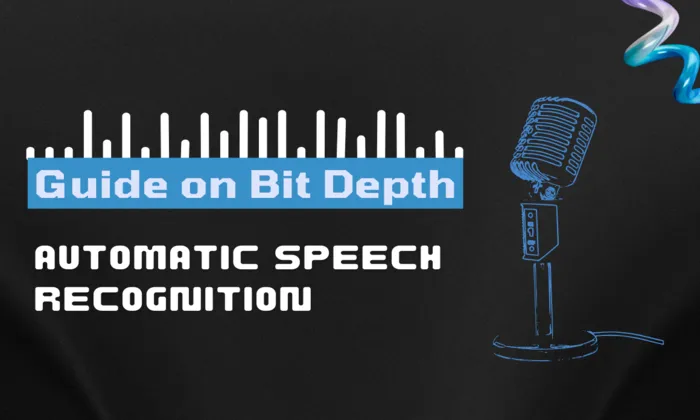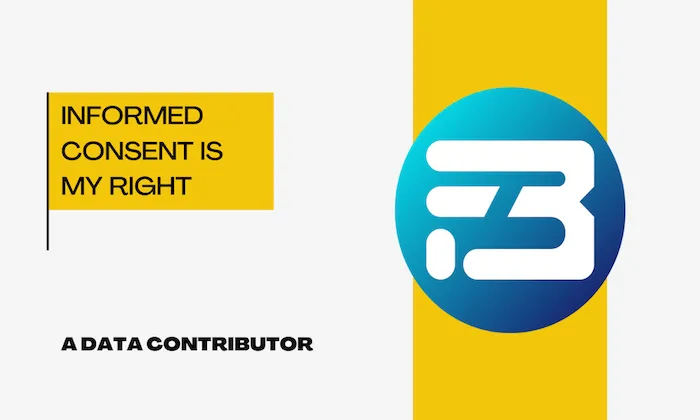What is curriculum learning in model training?
Curriculum Learning
Education
Machine Learning
Curriculum learning is a method that structures model training by presenting data in an organized sequence, similar to how educational curriculums are designed. This strategy allows machine learning models to learn progressively, starting with simpler tasks before moving on to more complex challenges. By imitating human learning processes, curriculum learning can significantly boost model training efficiency and performance.
Why Curriculum Learning Matters
Curriculum learning is crucial because it can accelerate the learning process and improve model accuracy. By starting with easier data, models can establish a strong foundation, making it easier to understand and tackle more intricate patterns later. This approach is particularly beneficial in fields like natural language processing and computer vision, where understanding complex data patterns is essential.
Steps to Effective Curriculum Learning
- Task Segmentation: Break down the training data into manageable tasks, ranging from simple to complex. This can involve dividing a complex process into smaller, more digestible parts.
- Optimal Ordering: Arrange these tasks in a sequence that starts with the simplest and gradually progresses to the most difficult. This requires understanding the relative complexity of the tasks and the model’s learning trajectory.
- Incremental Training: Begin training with the simplest tasks. As the model's performance improves, gradually introduce more challenging data. This ensures the model isn't overwhelmed early on.
- Continuous Evaluation: Regularly assess the model's performance. If a model struggles with a particular task, it might be necessary to adjust the curriculum or revisit earlier tasks to strengthen foundational knowledge.
Real-World Applications & Use Cases
In AI development, curriculum learning has been successfully applied in fields like autonomous vehicles and language translation systems. For example, an autonomous vehicle model might first learn to recognize basic road signs before progressing to more complex scenarios like navigating heavy traffic. This structured approach enables the model to build on its knowledge systematically, leading to safer and more reliable performance.
Key Challenges in Implementing Curriculum Learning
While curriculum learning offers many benefits, it also presents challenges. Determining the optimal sequence of tasks requires a deep understanding of both the data and the model's capabilities. Incorrect task ordering can hinder learning, as can overly simplistic or complex tasks at inappropriate stages. It's also essential to consider the computational resources required for this structured training approach.
Common Pitfalls and Best Practices
One common mistake is over-segmenting tasks, which can lead to fragmented learning and poor generalization. Another is underestimating the model's ability, leading to stagnation if tasks are too easy. To avoid these pitfalls, regularly evaluate and adjust the curriculum based on model performance, ensuring it remains challenging yet achievable.
Final Thoughts
Curriculum learning offers a powerful framework for enhancing model training by simulating human-like learning processes. By carefully structuring training data, teams can improve model efficiency and performance, making better use of resources. At FutureBeeAI, we understand the importance of high-quality, structured data in achieving these goals. Our expertise in speech data collection, speech & audio annotation, and delivery positions us as a trusted partner for AI projects requiring robust training datasets.
For AI projects that demand high-performance outcomes, consider partnering with FutureBeeAI. We provide expertly curated datasets that can help your models learn effectively and efficiently, setting a strong foundation for success.
Smart FAQs
Q. Which AI applications benefit most from curriculum learning?
A. Applications like autonomous driving and language processing, where tasks can be clearly ordered from simple to complex, benefit greatly from curriculum learning.
Q. Is curriculum learning applicable to all AI models?
A. Not all models benefit equally from curriculum learning. It's most effective in domains where learning can be structured progressively, but it's essential to evaluate each case individually to determine its suitability.
What Else Do People Ask?
Related AI Articles
Browse Matching Datasets
Acquiring high-quality AI datasets has never been easier!!!
Get in touch with our AI data expert now!








